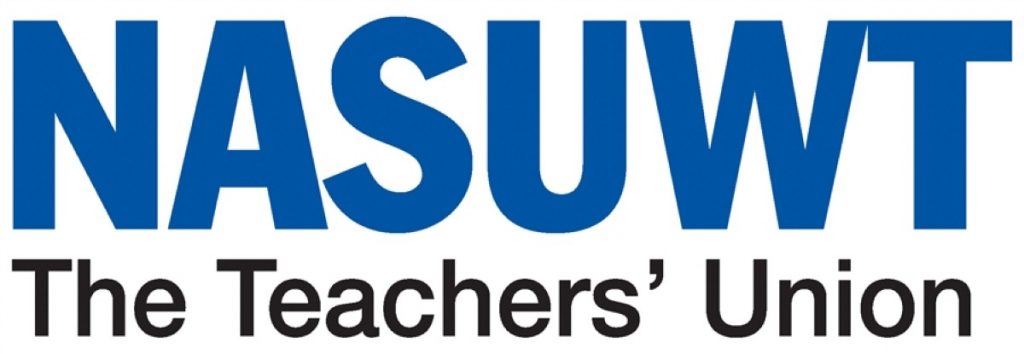NASUWT calls for end to exploitation of supply teachers
Supply teachers are facing a raft of exploitative employment practices, including denial of entitlements on pay, pensions and working conditions, a survey by the NASUWT, the largest teachers’ union in the UK, has found.
The survey, released today at the NASUWT’s Annual Conference in Birmingham, found that nearly two thirds (65%) of supply teachers say they are not paid at a level that recognises their experience.
More than six in 10 (68%) supply teachers also report they have not been made aware of the 12 week rule under the Agency Workers’ directive. This directive states that after 12 weeks in one workplace, they should have the same pay and conditions as teachers on permanent contracts.
And worryingly, 11% of supply teachers working through agencies have been asked to waive their rights to this provision.
The NASUWT is calling for urgent action to regulate all supply agencies and introduce national standards for the employment of supply teachers.
The results of the survey further reveal the extent of this exploitation and unjust treatment of supply teachers.
The survey attracted almost 1,000 responses and found that:
- well over half (58%) of supply teachers have experiences some problems getting work, with 2% not being able to get work at all;
- more than four in ten (43%) say there has been a decline in the number of days per week they have been able to secure work as a supply teacher in the last year;
- half (50%) of supply teachers believe they are used to cover the lessons of difficult pupils;
- seven in ten teachers working for supply agencies do so because this is their only route to obtaining work;
- nearly two-thirds of teachers (61%) say they have not had access to training and professional development opportunities;
- 91% say they are not always given appropriate information to support them when they enter the school for the first time.
The survey also revealed that some teachers turn to supply teaching in the hope of escaping the excessive demands placed on contracted roles, yet find themselves moving from one highly pressurised job to another.
Of those teachers leaving contracted roles for supply work more than two thirds (69%) are hoping to achieve a better work life balance, 62% wanted to escape the excessive workload, and four in 10 (40%) want to achieve greater flexibility. More than a third (36%) also wanted to leave contracted roles as they felt so demoralised.
Chris Keates, General Secretary of the NASUWT, said:
“Supply teaching is a tough job, made even harder by the exploitation and poor employment practices supply teachers often face.
“Supply teachers are a vital resource for schools especially in the light of the current recruitment and retention crisis.
“Yet the poor treatment of supply teachers is unfortunately entirely representative of the unacceptable employment practices which are found in too many workplaces across the country and which the government fails to address.
“It is therefore a sad indictment of the pressures on teachers in schools that increasing numbers are choosing supply teaching to seek relief from the excessive workload, lack of work/life balance and denial of flexible working opportunities.
“Many supply teachers report that opting for supply work is their final attempt to hold on to the profession which they love, yet they find themselves being deprived of the pay and working conditions to which they should be entitled.
“The NASUWT is continuing to campaign for better regulation of supply agencies to end unscrupulous practices, such as forcing supply teachers to sign exploitative contracts and waive their legal rights and entitlements.”





-01.png)